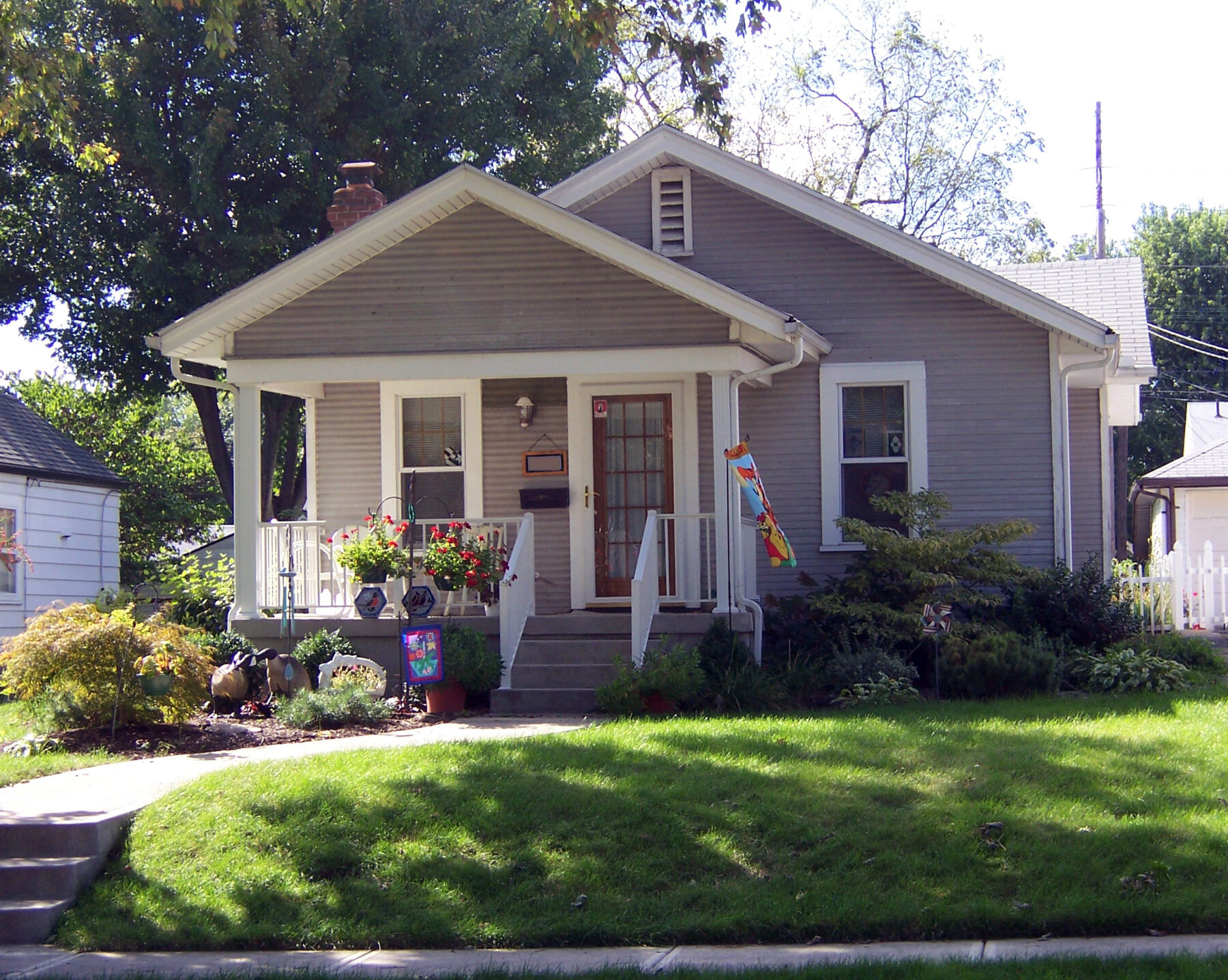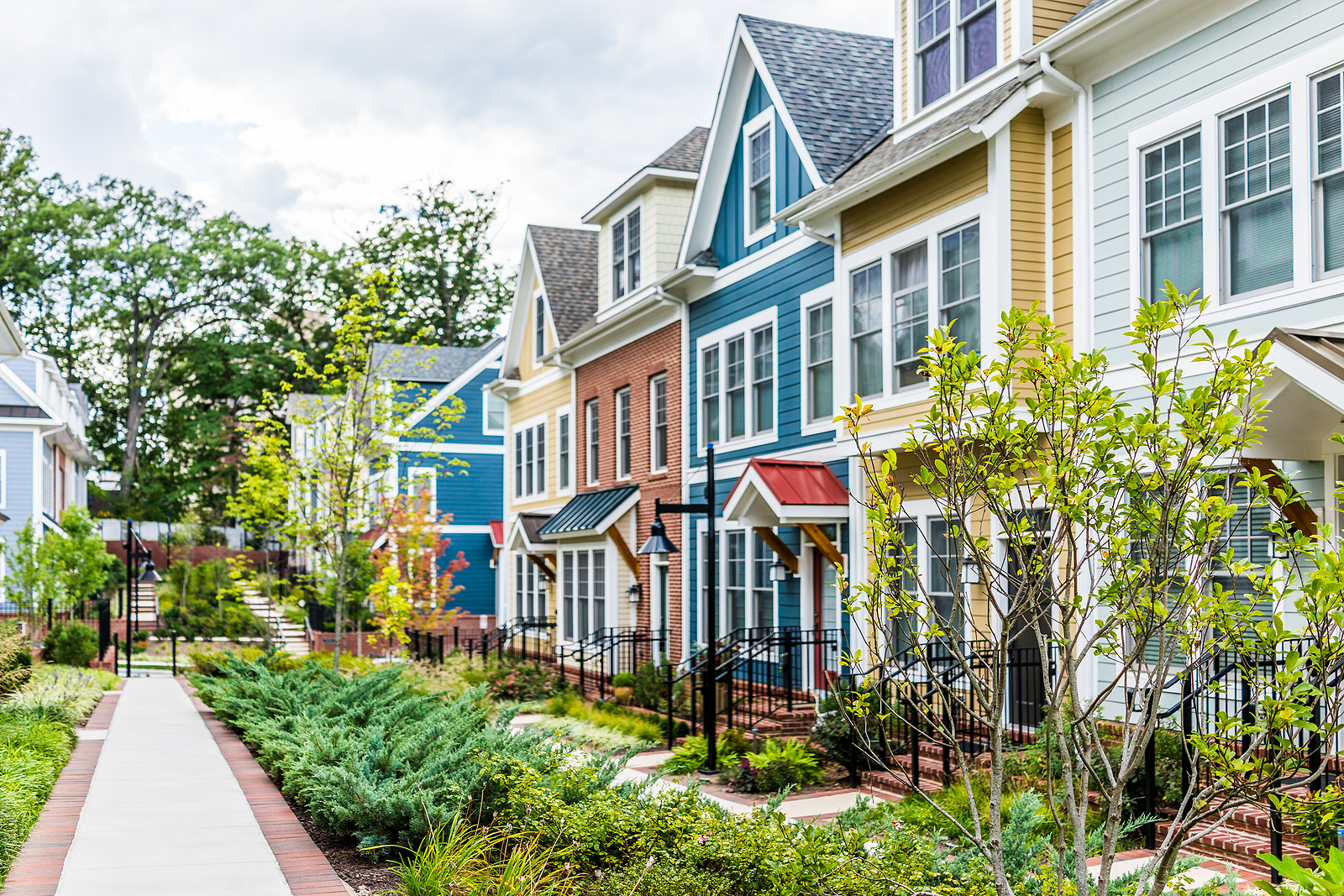Finding your dream home is an exciting journey filled with important decisions. The type of home you choose significantly impacts your lifestyle, finances, and long-term happiness.
In this article, we’ll explore different home types, weigh their pros and cons, and help you determine which home type is perfect for you.
Understanding Different Home Types
Single-Family Homes
Single-family homes are standalone residences, offering privacy and space. They typically come with a yard and provide ample room for families.

Pros:
- Privacy: No shared walls, giving you complete control over your living space.
- Space: Often larger, making them ideal for families or those who need extra room.
- Customization: Freedom to modify the home and property as you please.
Cons:
- Maintenance: All upkeep, including lawn care and repairs, falls on you.
- Cost: Generally more expensive to purchase and maintain compared to other home types.
Condominiums (Condos)
Condos are individual units within a larger building or complex, sharing common areas and amenities.
Pros:
- Amenities: Access to shared facilities like gyms, pools, and security services.
- Maintenance: Exterior maintenance and common areas are managed by the condo association.
- Affordability: Often more affordable than single-family homes.
Cons:
- HOA Fees: Monthly fees for maintenance and amenities can add up.
- Limited Control: Restrictions on modifications and rules set by the condo association.
- Privacy: Shared walls and common areas can reduce privacy.
Townhouses
Townhouses are multi-story homes sharing one or two walls with adjacent properties, combining aspects of both condos and single-family homes.

Pros:
- Affordability: Generally less expensive than single-family homes.
- Space: More spacious than condos, with multiple floors and often a small yard.
- Community: Often part of planned communities with shared amenities.
Cons:
- HOA Fees: Like condos, townhouses often come with association fees.
- Noise: Shared walls can lead to noise from neighbors.
- Limited Yard: Smaller outdoor space compared to single-family homes.
Apartments
Apartments are rental units within larger buildings or complexes, typically managed by a landlord or property management company.
Pros:
- Flexibility: Short-term leases and the ability to move without selling.
- Maintenance: All repairs and upkeep are handled by the landlord.
- Affordability: No need for a large down payment, making it easier to budget.
Cons:
- No Equity: Rent payments do not build equity or ownership.
- Restrictions: Limited ability to make changes or personalize the space.
- Noise: Shared walls and common areas can lead to noise disturbances.
Factors to Consider When Choosing a Home Type
Lifestyle Needs
Your lifestyle plays a crucial role in determining the best home type. Consider factors such as family size, work-from-home needs, and recreational preferences.
- Families: Single-family homes and townhouses offer more space and privacy, making them ideal for families with children.
- Professionals: Condos and apartments may be more suitable for busy professionals who prioritize location and amenities over space.
- Retirees: Condos and single-story townhouses provide easy maintenance and accessibility.
Budget and Financial Goals
Evaluate your budget and long-term financial goals when choosing a home type. Consider the initial purchase cost, ongoing maintenance expenses, and potential for property value appreciation.
- First-Time Buyers: Condos and townhouses can be more affordable options for first-time buyers.
- Investors: Single-family homes often appreciate in value more than other home types, making them a better investment.
- Renters: Apartments offer flexibility and lower upfront costs but do not build equity.
Maintenance and Upkeep
Consider how much time and effort you’re willing to invest in home maintenance. Single-family homes require more upkeep, while condos and apartments offer low-maintenance living.
- Busy Individuals: Condos and apartments are ideal for those who prefer minimal maintenance responsibilities.
- DIY Enthusiasts: Single-family homes and townhouses provide opportunities for home improvement projects and landscaping.
Making the Final Decision
Weighing the Pros and Cons
Create a list of pros and cons for each home type based on your personal preferences, lifestyle needs, and financial situation. This can help clarify which home type aligns best with your priorities.
Visiting Different Home Types
Visit a variety of homes to get a feel for what each type offers. Open houses and tours can provide valuable insights into the layout, community, and overall vibe of different properties.

Seeking Professional Advice
Consult with a real estate agent to gain expert advice on the best home type for your needs. Agents can offer valuable market insights, help you navigate the buying process, and ensure you find a home that meets your criteria.
Conclusion
Finding your dream home is a significant milestone, and choosing the right home type is a crucial step in this journey.
By understanding the different home types, considering your lifestyle and financial goals, and seeking professional advice, you can make an informed decision that leads to long-term happiness and satisfaction.
FAQs
1. What are the main differences between a condo and a townhouse?
Condos are individual units within a larger building with shared common areas, while townhouses are multi-story homes sharing walls with adjacent properties but offering more space and sometimes a small yard.
2. How do HOA fees impact the cost of living in a condo or townhouse?
HOA fees cover maintenance of common areas and amenities but can be a significant monthly expense. It’s important to factor these fees into your overall budget.
3. What should I consider when choosing between buying and renting?
Consider your long-term goals, financial situation, and lifestyle needs. Buying builds equity and offers stability, while renting provides flexibility and lowers upfront costs.
4. Are single-family homes a better investment than condos?
Single-family homes often appreciate more in value, making them a better long-term investment. However, condos can be more affordable and offer desirable amenities.
5. How can I determine which home type is best for my lifestyle?
Evaluate your lifestyle needs, budget, and willingness to handle maintenance. Visit different home types and consult with a real estate agent to make an informed decision.





